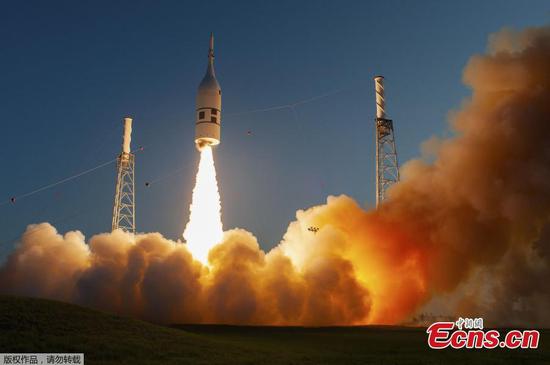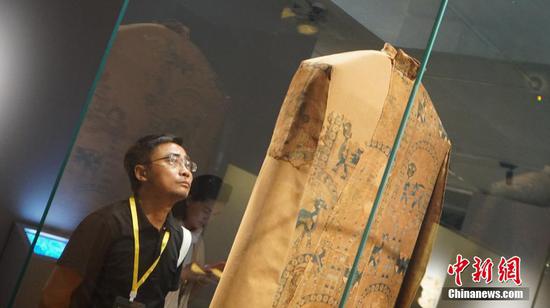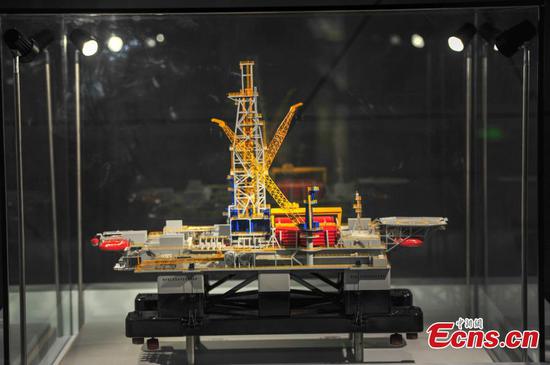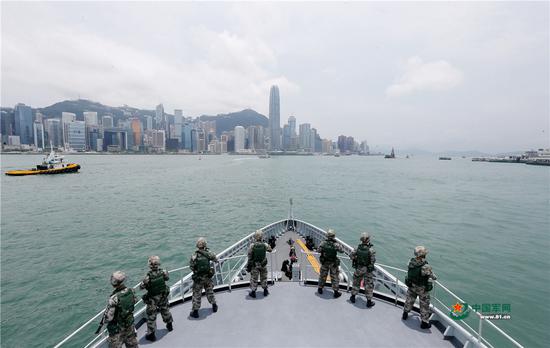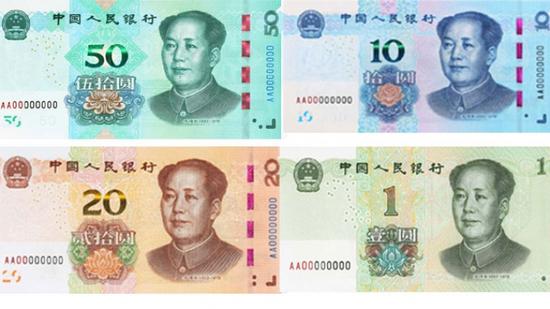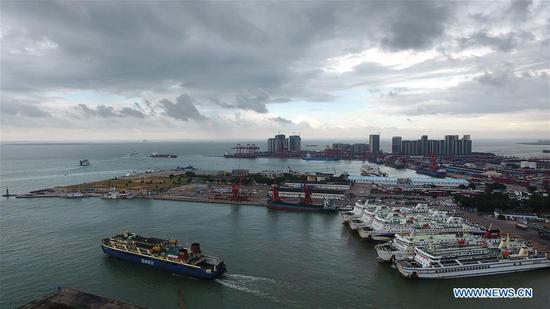The consensus between China and the United States to restart economic and trade consultations will shore up confidence in both countries and boost global economic growth prospects, experts said.
U.S. President Donald Trump and President Xi Jinping agreed on Saturday at the G20 Summit in Japan to restart trade negotiations that have been stalled since the 11th round in May. During the meeting on Saturday, it was announced that Washington would not impose additional tariffs on Chinese goods.
Wang Xiaosong, a professor of international trade at Renmin University of China's School of Economics, said the truce agreed upon by the two leaders would have a significant effect on the global economy. "It can lift confidence in both economies and the world's economic prospects," Wang said.
"Each time the U.S. imposes tariffs or threatens to do so, stock markets in both countries fluctuate. The U.S. government's decision to refrain from new tariffs targeting China is good news for companies and consumers of both countries," he said.
The leaders' consensus set a positive tone for future trade talks, but it will take time for them to eliminate all the tariffs that have been imposed over the past few months, Wang said, adding that they need to continue to make efforts to conclude a deal in upcoming negotiations.
Zhang Yuyan, director of the Chinese Academy of Social Sciences' Institute of World Economics and Politics, hailed the Xi-Trump meeting as "very important".
The two leaders exchanged views on "fundamental issues"-a term in the statement after the meeting that had rarely been used before, he said. "Fundamental issues" may include such significant topics as trade and regional and international cooperation, Zhang said.
But he stressed that if a deal is to be reached in the future, it must be based on equality and negotiators must find a solution acceptable to both parties. "China will certainly safeguard its core interests when addressing issues concerning sovereignty and dignity," he said.
Some U.S. businesses welcomed the U.S. agreement to defer levying further tariffs on imports from China, but they said they would continue to push for exemption of their products from the duties list of the U.S. government.
"While we are pleased there has been a stay of execution for the apparel and footwear industry, the end result of the G20 is that $250 billion worth of imports from China continue to be hit with a 25 percent tariff, and we continue to find ourselves in a highly uncertain environment," Stephen Lamar, executive vice-president of the American Apparel& Footwear Association, said on Tuesday.
Trump said in a press conference after his meeting with Xi on Saturday that existing tariffs would remain in place on Chinese imports while negotiations continue, but additional tariffs he has threatened to slap on other Chinese goods would not go forward for the "time being", U.S. media reported.
Tuesday was the last day for companies and trade agencies to submit rebuttal comments following the U.S. Trade Representative hearings June 17 to 25 on the previously planned 25 percent duties to be levied on the remaining $300 billion worth of Chinese goods, on the top of $250 billion worth of products already targeted.
The companies and agencies went ahead with their rebuttal comment submissions despite Trump announcing that new duties would not be imposed as the hearings and rebuttal plans were made back in May.
The fact that many companies have followed up their hearing testimonies with supplemental documents to the USTR indicates that they have not relented in their efforts to have their products exempted from possible tariffs.
The American Apparel& Footwear Association, which represents an industry that employs nearly 4 million U.S. workers, reiterated in a statement to the USTR on Tuesday that it was "deeply disturbed" by the White House's proposal to include apparel, footwear and textiles on the target list.
In 2018, China accounted for about 42 percent of all apparel and 69 percent of all footwear imported into the U.S.. China has emerged as a top supplier because it has "unparalleled supply chains" that have been developed over generations, according to the statement.
















